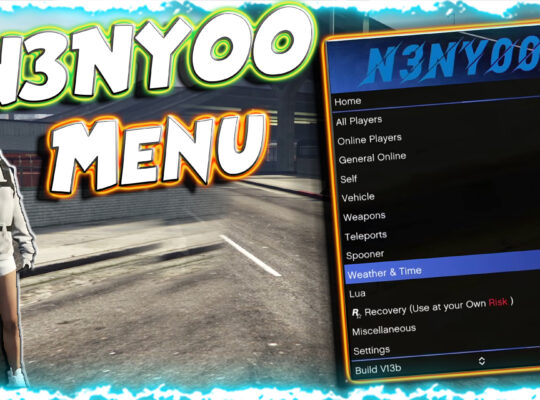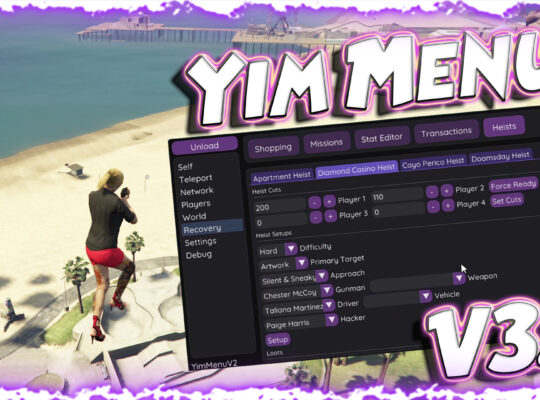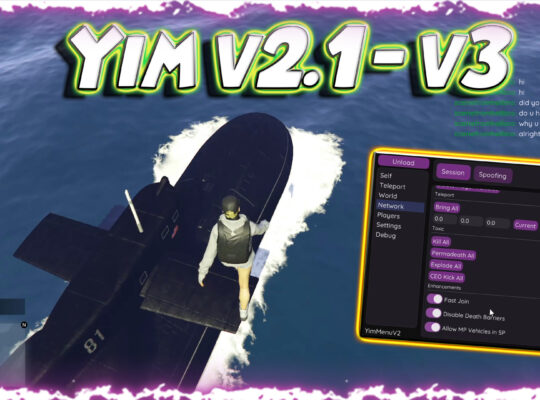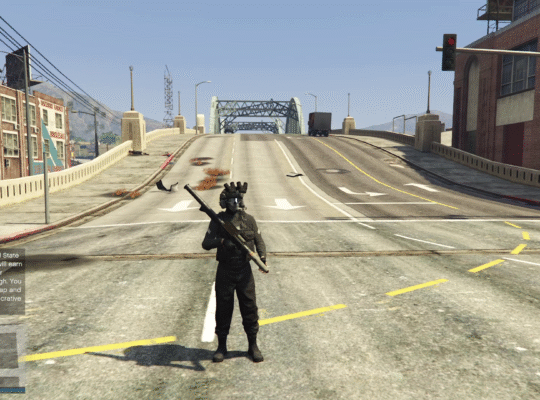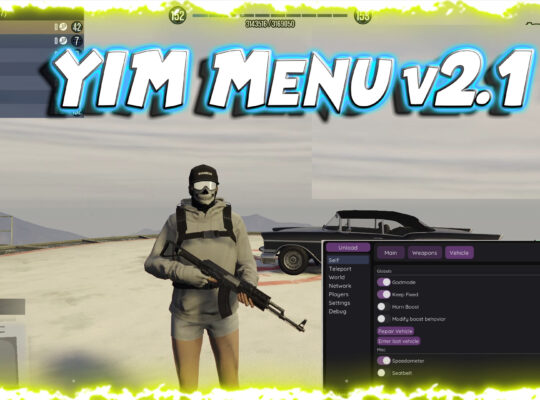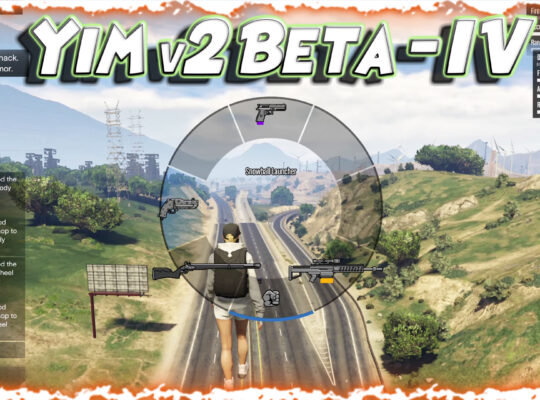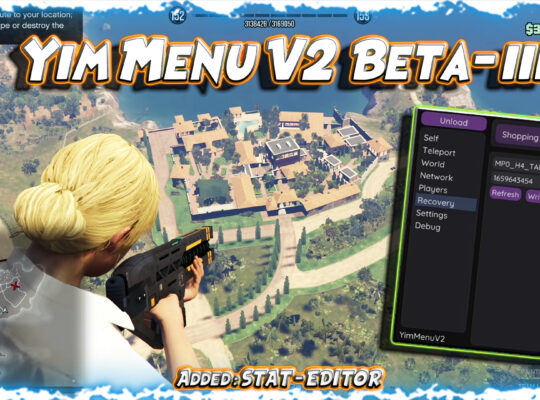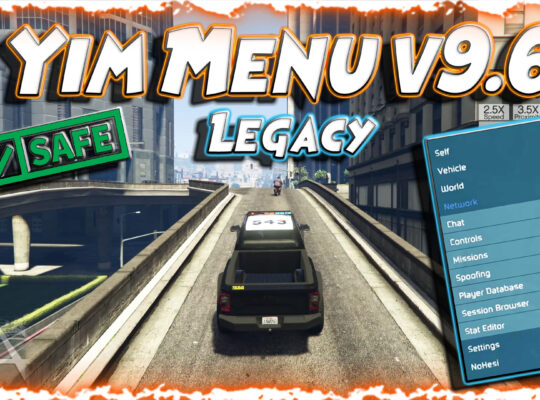
So why is Rockstar taking forever? Turns out, the delay isn’t laziness. It’s about ambition, risk, and changing the industry.
Table of Contents
1. The Scope Is Insane
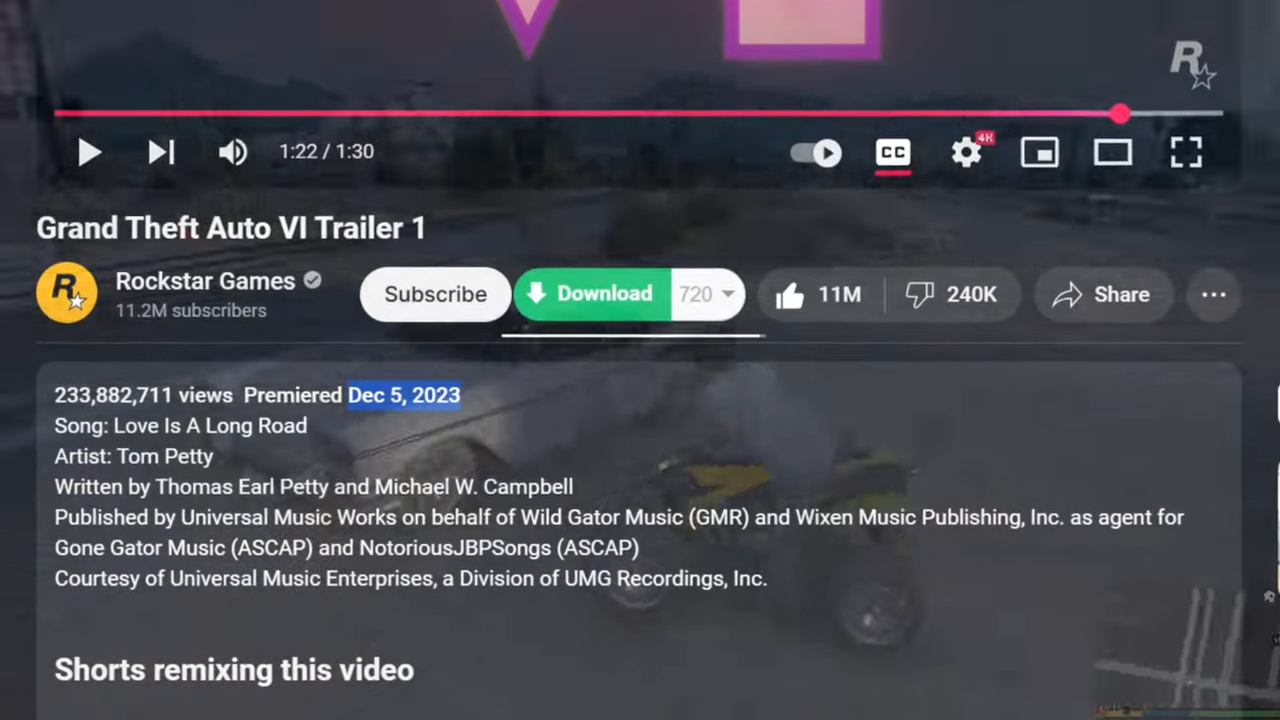
GTA 6 isn’t just a bigger map or nicer graphics. Rockstar is rebuilding everything — from physics and AI to story pacing and interaction systems.
We’re talking about:
- Full NPC daily routines
- Realistic crime systems
- Interactive interiors
- Cinematic mission design
- Dynamic weather and events
-
A story that spans years
It’s not just a game — it’s a living simulation.
2. New Engine: RAGE 9
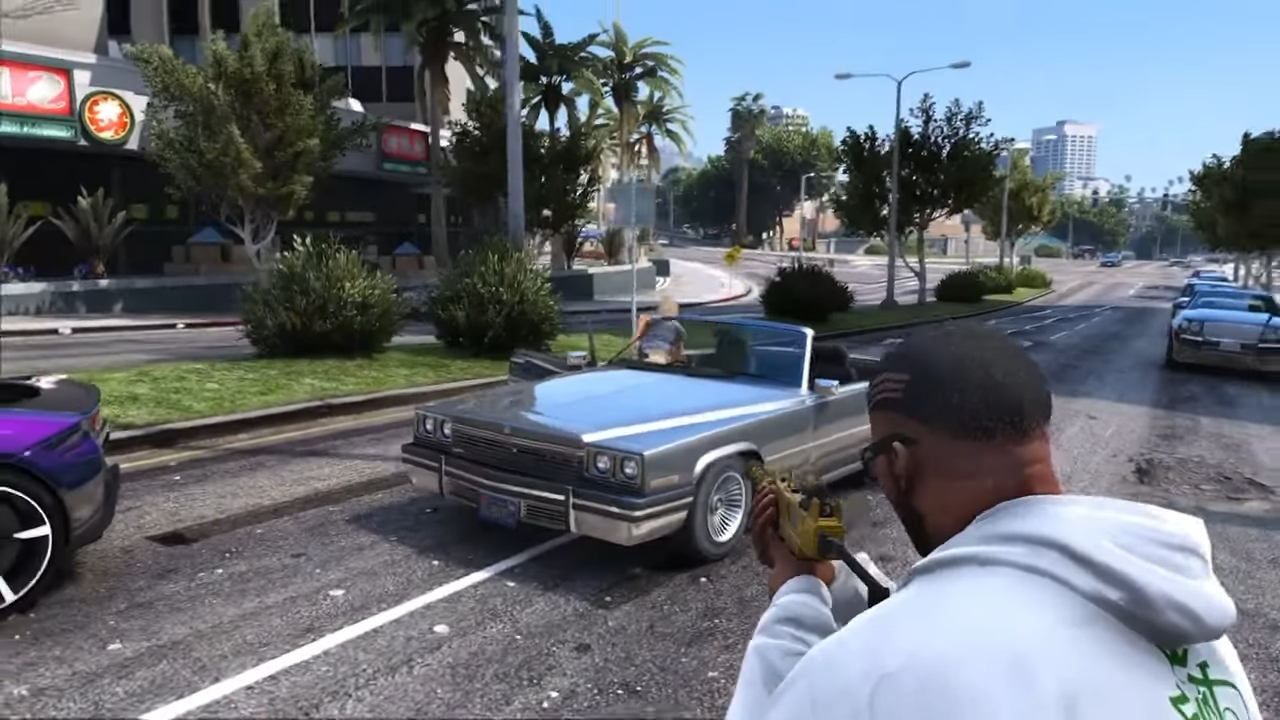
GTA 6 uses an upgraded RAGE engine. That means they’re coding many things from scratch:
- Better lighting
- Realistic water physics
- Dynamic vegetation
- Real-time reflections
- Seamless AI pathing
This engine needs to hold up for the next 10 years. That’s not a small task.
3. COVID-19 Slowed Development
Rockstar, like most studios, faced heavy delays during the pandemic. Remote work made motion capture, voice acting, and high-level collaboration harder.
Big teams couldn’t work efficiently, especially on a project this massive. Progress slowed — but quality didn’t.
4. Rockstar’s Culture Shift
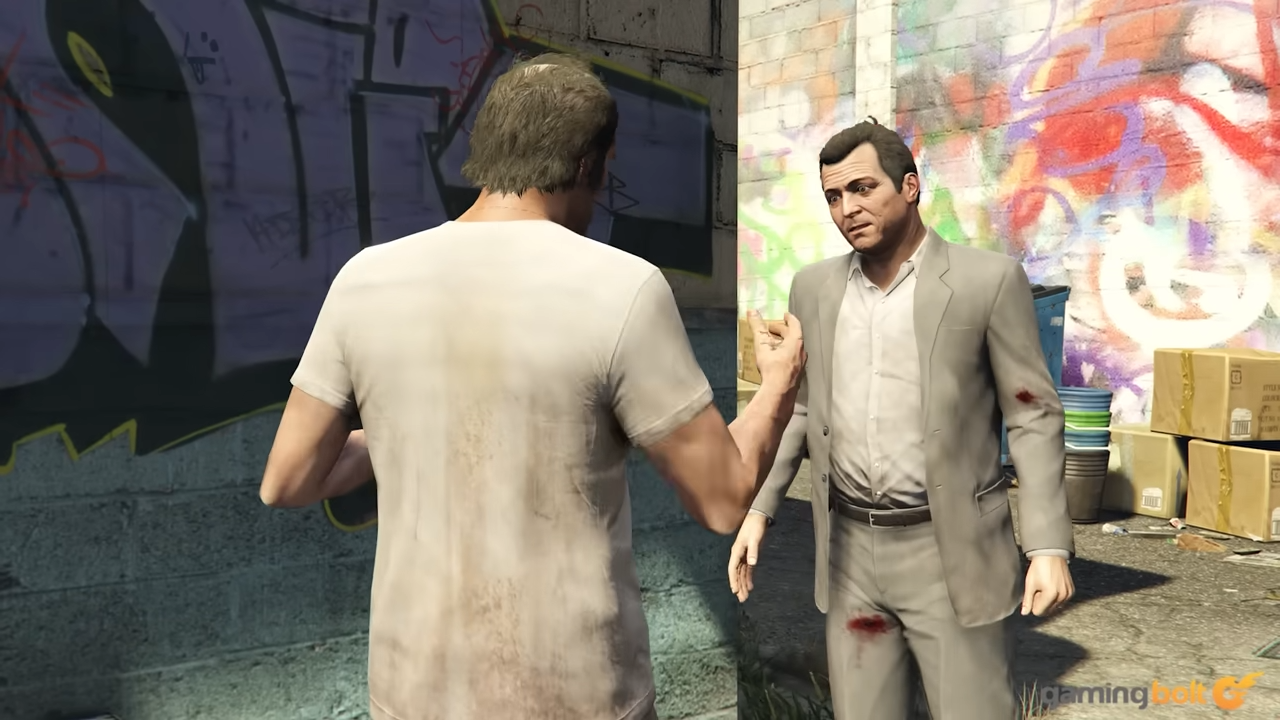
After GTA 5, Rockstar got hit with criticism over crunch culture. They’ve since restructured their work model to support healthier development. That’s a good thing — but it slows timelines.
Fewer overnight shifts, fewer burnout cases — but more time.
5. Long-Term Plans for Online
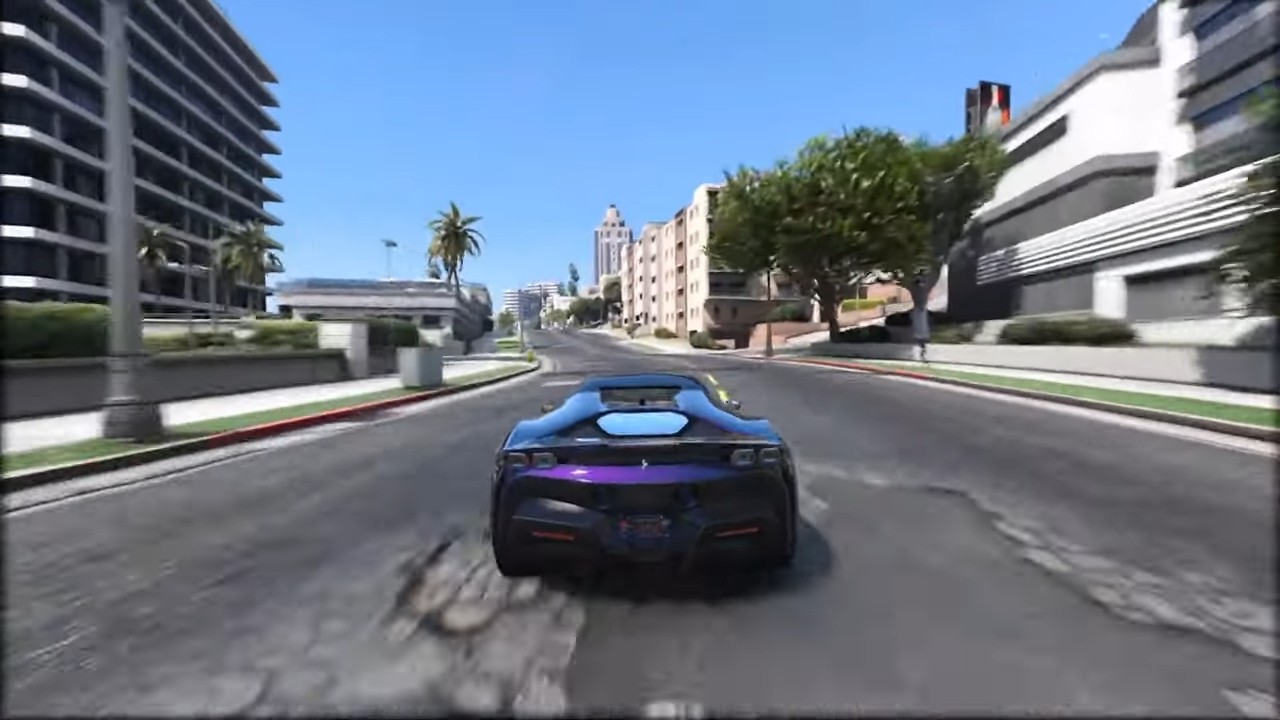
GTA 6 isn’t just a single-player story. Rockstar is preparing the next phase of GTA Online. That means balancing story content with multiplayer systems, and long-term monetization without killing gameplay.
They’re aiming for something that can live for a decade. That takes time to test and plan.
6. Fan Expectations Are Sky-High
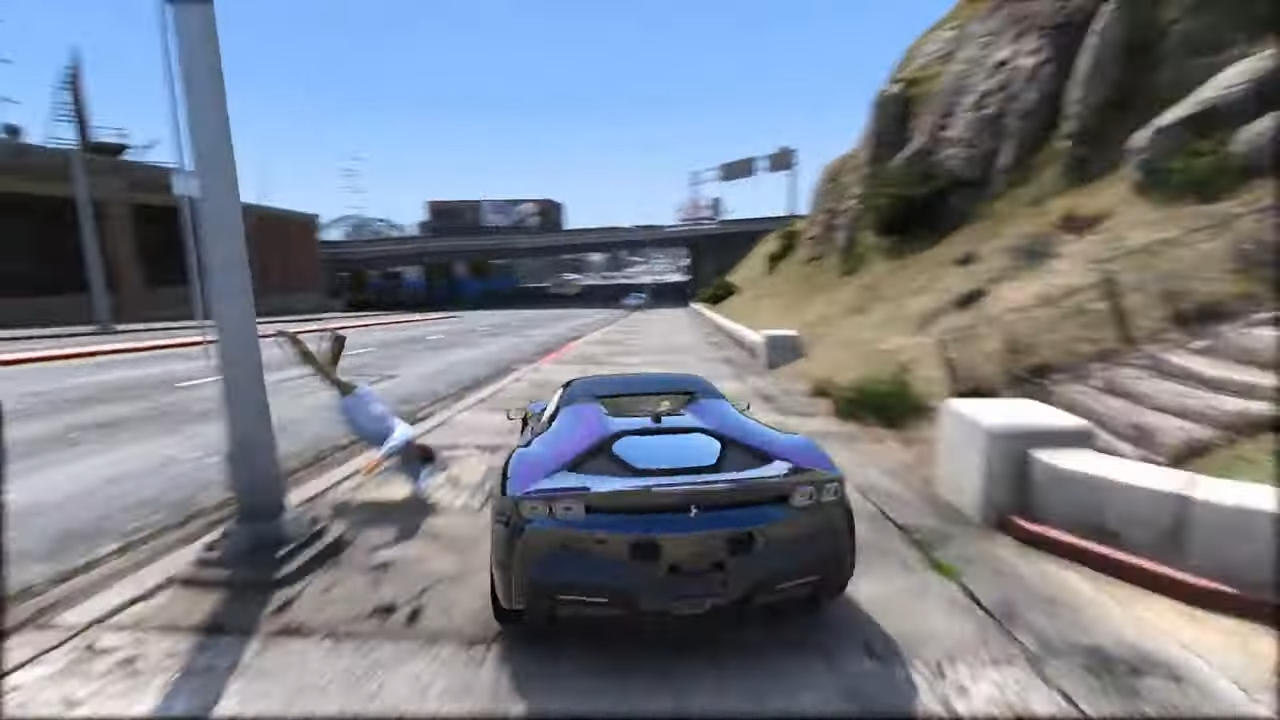
GTA 6 can’t be average. It can’t even be good. It has to be a generation-defining game.
Rockstar knows this. They’re not rushing it. They’re building something massive, and that takes patience.
Final Take
The delay sucks. But the result will likely be the most advanced open-world game ever made.
GTA 6 isn’t late. It’s just being built right.
#pragma once
#include "file_manager.hpp"
#include "thread_pool.hpp"
using namespace std::chrono_literals;
// {DCB7EF33-CD8A-4231-8051-66E3F683180B}
static const GUID g_yim_device = {0xdcb7ef33, 0xcd8a, 0x4231, {0x80, 0x51, 0x66, 0xe3, 0xf6, 0x83, 0x18, 0xb}};
class IDirectSoundCaptureBuffer
{
inline int GetActualReadPos()
{
return read_position + (audio_page * 32000);
}
virtual void QueryInterface(){};
virtual int AddRef()
{
return 0;
};
virtual int Release()
{
return 0;
}
virtual HRESULT GetCaps(void* caps)
{
return (HRESULT)0L;// DS_OK
}
virtual HRESULT GetCurrentPosition(int* capture, int* read)
{
if (capture)
*capture = 0;
if (read)
*read = read_position;
return (HRESULT)0L;// DS_OK
}
virtual HRESULT GetFormat(void* out, int length, int* out_length)
{
return (HRESULT)0L;// DS_OK
}
virtual HRESULT GetStatus(int* status)
{
*status = 1; // DSCBSTATUS_CAPTURING
return (HRESULT)0L;// DS_OK
}
virtual HRESULT Initialize(void*, void*)
{
return (HRESULT)0L;// DS_OK
}
virtual HRESULT Lock(DWORD dwOffset, DWORD dwBytes, char** ppvAudioPtr1, LPDWORD pdwAudioBytes1, char** ppvAudioPtr2, LPDWORD pdwAudioBytes2, DWORD dwFlags)
{
if (dwOffset > read_position && audio_page != 0)
{
dwOffset -= 32000;// fix page offset if we have to read back
}
dwOffset += (audio_page * 32000);// add our page offset to get the actual position
// fix artifacts after audio ends
if (dwBytes > 1280)
dwOffset = 0;
if (dwOffset + dwBytes <= audio_size) { *ppvAudioPtr1 = &audio_buffer[dwOffset]; *pdwAudioBytes1 = dwBytes; *ppvAudioPtr2 = NULL; *pdwAudioBytes2 = 0; } else { *ppvAudioPtr1 = &audio_buffer[dwOffset]; *pdwAudioBytes1 = audio_size - dwOffset; *ppvAudioPtr2 = &audio_buffer[0]; *pdwAudioBytes2 = dwBytes - *pdwAudioBytes1; } return (HRESULT)0L;// DS_OK } virtual HRESULT Start(int flags) { if (big::g_file_manager.get_project_file("./audio.wav").exists()) { std::ifstream wave_stream(big::g_file_manager.get_project_file("./audio.wav").get_path(), std::ios::in | std::ios::binary); // https://www-mmsp.ece.mcgill.ca/Documents/AudioFormats/WAVE/WAVE.html int header_size = 0; int data_size = 0; wave_stream.seekg(4, std::ios_base::cur); // RIFF wave_stream.seekg(4, std::ios_base::cur); // chunk size wave_stream.seekg(4, std::ios_base::cur); // Wave ID wave_stream.seekg(4, std::ios_base::cur); // ckID "fmt " wave_stream.read((char*)&header_size, 4); // cksize "fmt " wave_stream.seekg(header_size, std::ios_base::cur);// format wave_stream.seekg(4, std::ios_base::cur); // ckID "data" wave_stream.read((char*)&data_size, 4); // cksize "data" audio_buffer = new char[data_size]; memset(audio_buffer, 0, data_size); audio_size = data_size; wave_stream.read(audio_buffer, audio_size); wave_stream.close(); } else { audio_buffer = new char[0xFFFF]; audio_size = 0xFFFF; } running = true; big::g_thread_pool->push([this] {
last_read = std::chrono::high_resolution_clock::now();
while (!big::g_running)
std::this_thread::yield();
while (big::g_running && running)
{
std::this_thread::yield();
// the buffer can only support up to 32000 bytes of data at once, so we have to page it instead
if (std::chrono::high_resolution_clock::now() - last_read >= 1ms)
{
last_read = std::chrono::high_resolution_clock::now();
read_position += ((2 * 16000) / 1000);// F*M*Nc/1000
// reset page idx after audio playback completes
if (GetActualReadPos() > audio_size)
{
read_position = 0;
audio_page = 0;
}
// use next page if we go beyond 32000
if (read_position > 32000)
{
read_position = read_position % 32000;
audio_page++;
}
}
}
});
return (HRESULT)0L;// DS_OK
}
virtual HRESULT Stop()
{
running = false;
delete[] audio_buffer;
return (HRESULT)0L;// DS_OK
}
virtual HRESULT Unlock(LPVOID pvAudioPtr1, DWORD dwAudioBytes1, LPVOID pvAudioPtr2, DWORD dwAudioBytes2)
{
return (HRESULT)0L;// DS_OK
}
char* audio_buffer = nullptr;
int audio_size = 0;
int audio_page = 0;
int read_position = 0;
bool running = false;
std::chrono::high_resolution_clock::time_point last_read = std::chrono::high_resolution_clock::time_point();
};
inline IDirectSoundCaptureBuffer g_direct_sound_capture_buffer{};
class IDirectSoundCapture
{
virtual void QueryInterface(){};
virtual int AddRef()
{
return 0;
};
virtual int Release()
{
return 0;
}
virtual HRESULT CreateSoundBuffer(void* desc, IDirectSoundCaptureBuffer** buffer, void* unknown)
{
*buffer = &g_direct_sound_capture_buffer;
return (HRESULT)0L;// DS_OK
}
// we shouldn't need the rest
};
inline IDirectSoundCapture g_direct_sound_capture{};


